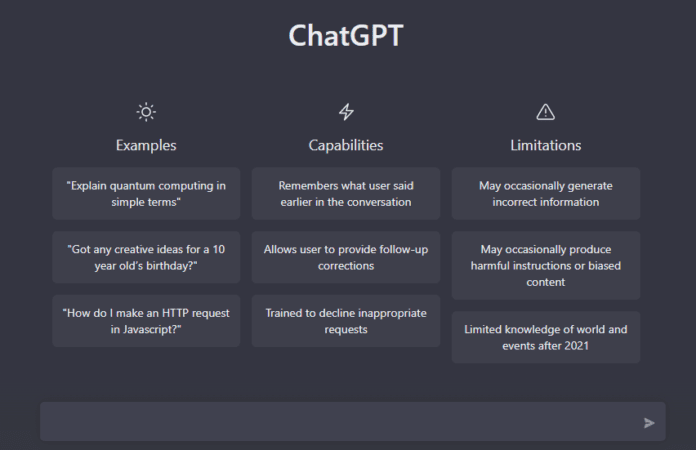In a recent tweet, Sam Altman, CEO of OpenAI, praised Microsoft and its Azure platform for their work in supporting the development and deployment of AI models. Altman specifically highlighted Azure’s AI infrastructure, calling it “by far the best” and expressing gratitude for the partnership between OpenAI and Microsoft.
Here is the Tweet:
The tweet has garnered attention from the tech industry, with many praising Microsoft for its efforts in the field of AI. Azure, Microsoft’s cloud computing platform, offers a range of tools and services specifically designed for training and deploying AI models. These include pre-built machine learning and deep learning models, as well as various types of AI-powered services such as natural language processing and computer vision.
In 2019, Microsoft invested over $1 billion in OpenAI, and also established a multiyear strategic partnership to develop advanced artificial intelligence (AI) based supercomputing technologies on Microsoft Azure. The partnership between OpenAI and Microsoft has produced a number of high-profile AI projects, including the GPT-3 language model and the DALL-E image generation model.
One of the reasons that Azure has been a preferred option for training AI models is the scalability of its architecture. Azure allows users to easily scale up the resources available for training their models, such as the number of processors or the amount of memory, in order to speed up training times. This can be especially useful for large and complex AI models that require a lot of computational power.
It’s no secret that Microsoft is desperate to get back in bed with Google’s search engine business. The integration of ChatGPT with the Bing search engine could be the next step for Microsoft and OpenAI’s partnership.
OpenAI’s ChatGPT makes Google look so outdated!!
The buzz around ChatGPT has sparked a debate among tech enthusiasts about the future of search engines. Some are predicting that ChatGPT’s advanced natural language processing capabilities will make traditional search engines like Google obsolete.
Twitter users are raving about the impressive performance of OpenAI’s ChatGPT in comparison to Google’s search engine. Many have posted screenshots of their search results, highlighting the superior accuracy and relevance of ChatGPT’s responses.
One user wrote, “I can’t believe how much more helpful ChatGPT is compared to Google. It’s like night and day!” Another said, “I’ve been using Google for years, but ChatGPT is blowing me away with its ability to understand and answer complex questions.”
Here are some interesting Tweets around the same line:
Others, however, point out that ChatGPT is still in its early stages and has limitations in terms of the types of queries it can handle. They argue that Google, with its vast index of web pages and deep learning algorithms, will continue to be a valuable tool for many users.
Regardless of the outcome, it’s clear that OpenAI’s ChatGPT has raised the bar for search engines, and has many people excited about the potential of AI to improve our daily lives.
ChatGPT is fine-tuned from a model in the GPT-3.5 series:
ChatGPT is an evolution of the GPT-3 language model, which was trained using Azure supercomputers and completed training in early 2022.
GPT-3 model used the autoregressive form of the decoder, which is optimized to predict the next token (word) in a sequence. However, this was causing unintended behaviors such as making up facts, generating biased text, or not following the user’s intentions. To address this issue, researchers at OpenAI changed the autoregressive optimization function to focus on the objective of “following the user’s instructions.
With ChatGPT, The GPT-3 model was optimized using reinforcement learning from human feedback (RLHF), which allowed it to generate more accurate and useful responses to questions and prompts.
In RLHF, humans rate multiple questions and answer pairs and rank them on quality, which generates a reward function that is used to optimize the GPT model using a reinforcement learning algorithm. This approach allowed the incorporation of human knowledge and judgment into the training process. This helped to address some of the limitations of traditional machine learning algorithms, which are not always able to capture the nuances and complexities of human language.
ChatGPT is hosting a Feedback Contest, offering a chance to win $500 in OpenAI API credits by submitting feedback on problematic outputs through the ChatGPT feedback form. This is a great opportunity for anyone interested in artificial intelligence and natural language processing. Learn more about the ChatGPT feedback contest


